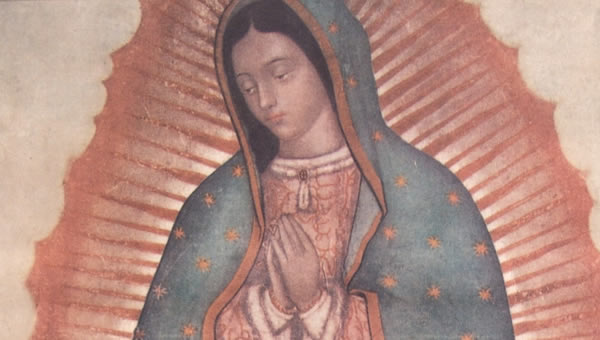St. Nicholas' Day is tomorrow. Aside from the legends about the 4th century bishop of Myra which gave rise to the various iterations of Santa Claus, there is one other essential story of St. Nicholas that every Catholic ought to know.
He was a hammer of heretics. Literally. Gave 'em the old one-two. Or at least, the old one.
At the Council of Nicea, where the Church's doctrine on the nature of Jesus Christ was formulated,
Nicholas defended the orthodox concept of Christ being of the same substance as God the Father. The heretical Arius propounded his own theory that Jesus was not fully divine, but just a really, really good man who became sort of god-like.
Always one to put his faith into action, Nicholas, becoming incensed by Arius' claptrap, got up and smacked him. Like this:

When the kids were little, we read them stories of St. Nicholas each year, and had them put their shoes out on the doorstep on the eve of his feast. (In our house Santa Claus was a different person altogether.) We taught them to sing an old Dutch song about St. Nicholas coming on his white horse during the night to fill the shoes of good children with gifts. Prominent among these were chocolate coins, in memory of his secretly providing marriage dowries for some poor girls.
My kids made out like bandits during the holidays, receiving presents from St. Nicholas on the 6th, Santa Claus and the Christ Child on the 25th, and from the 3 Kings on the Epiphany. I'm not sure I would do it this way again if I had to do it over, but the kids certainly enjoyed it.
The Office of Readings for St. Nicholas is from St. Augustine on the necessity of self-sacrificing love for their flock on the part of bishops. Of which St. Nicholas was a true role model. With or without the decking of Arius. Hey, now there's a holiday ditty for you:
Deck the floor with heretical clerics
fa la la la la, la la, la, la.
Pay no heed to their hysterics
fa la la la la, la la, la, la.
Christ's Divinity is the reason
fa la la, la la la, la, la la
For this holy advent season
fa la la la la, la la, la, la.
Sorry, I could not resist.
Now, any questions about the Liturgy of the Hours, breviaries, etc.?




